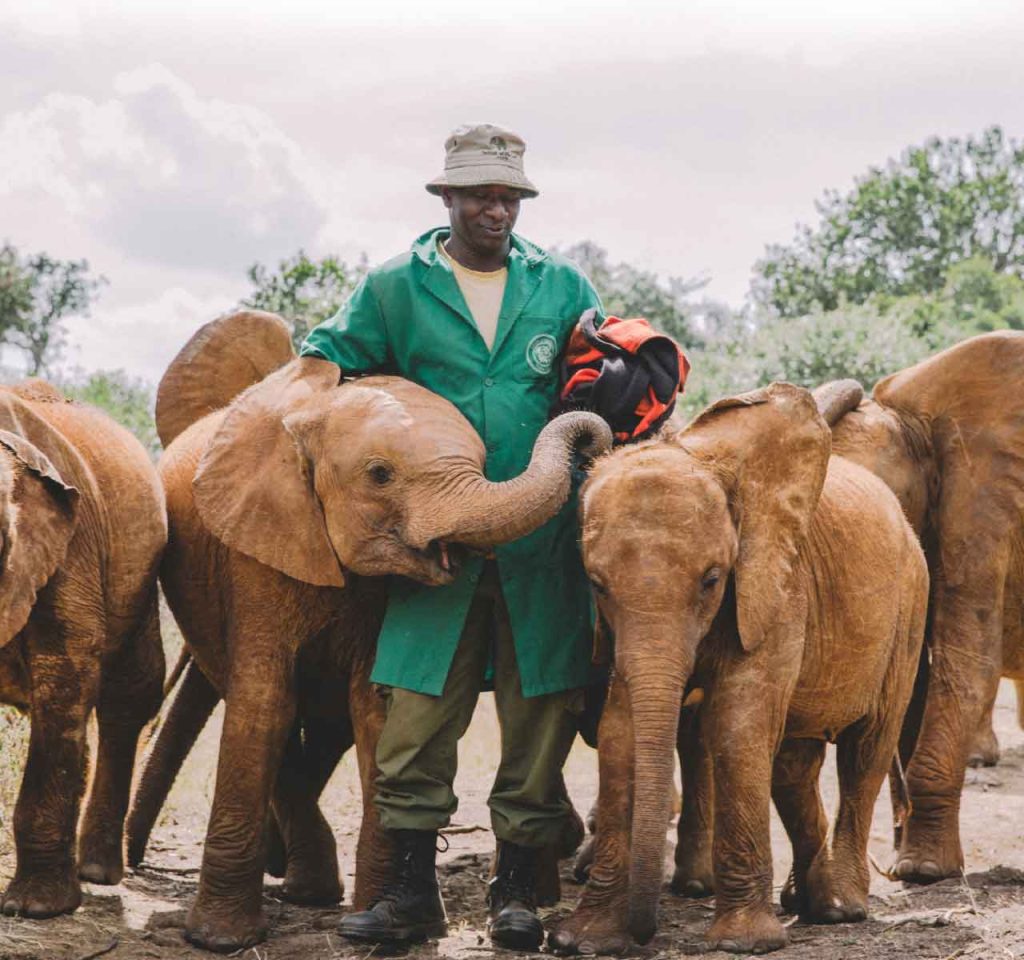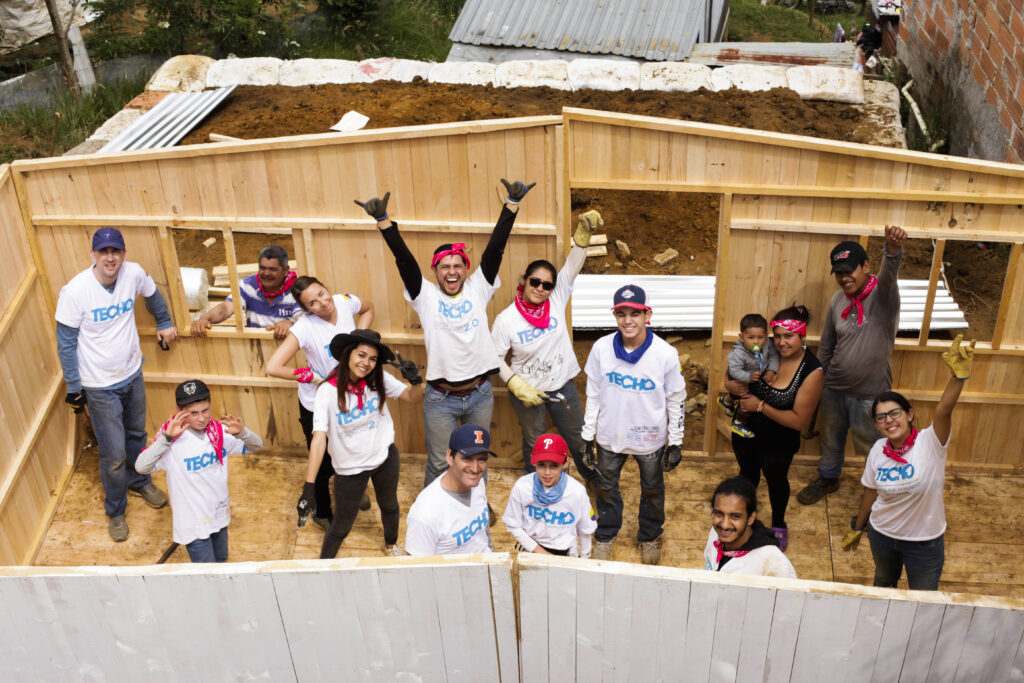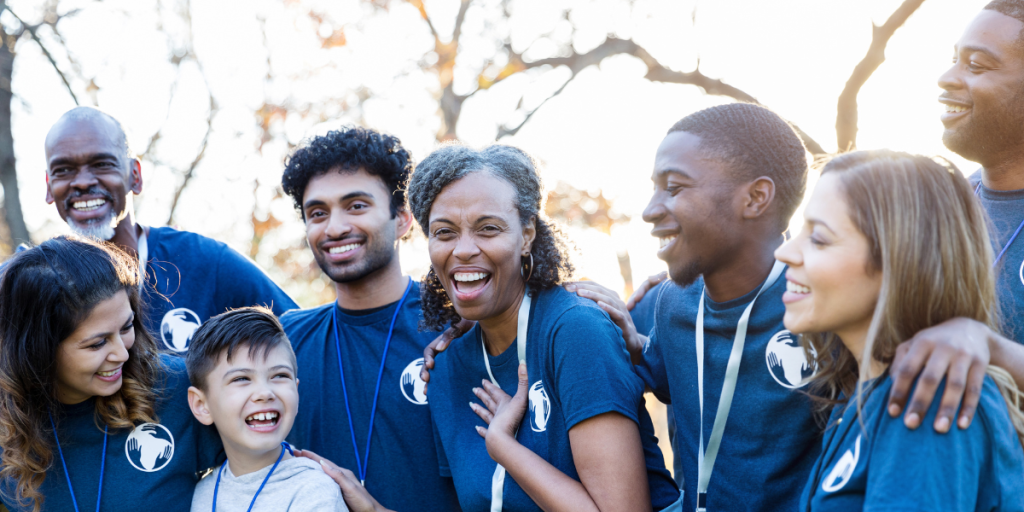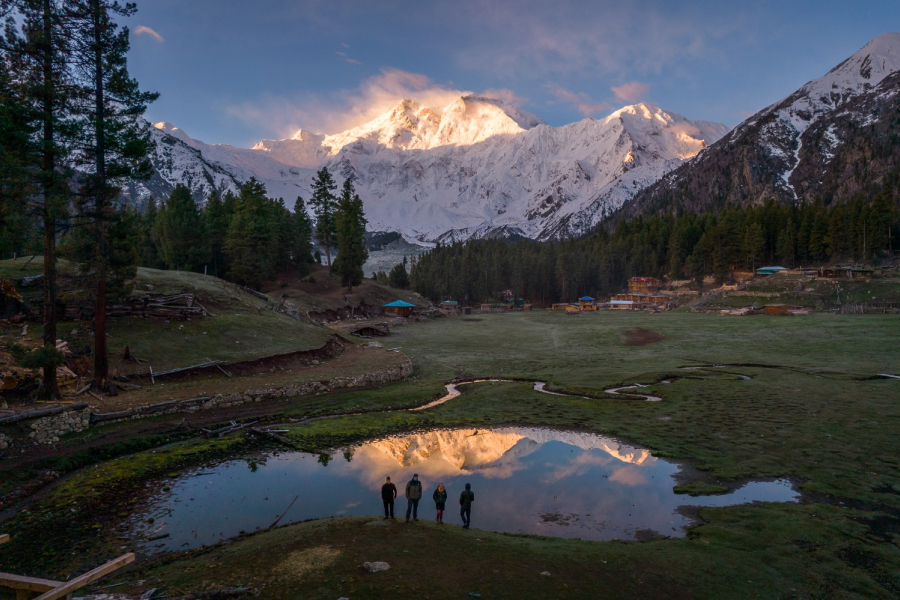Volunteer travel, also known as voluntourism, has become a popular way for travelers to make a positive impact while exploring new destinations.
This unique form of travel allows individuals to combine their passion for adventure with meaningful community service. However, to truly make a difference, it’s essential to plan thoughtfully and choose projects that align with one’s skills and interests.
This guide provides an overview of volunteer travel, tips for getting started, and insights into how to ensure your efforts are both impactful and sustainable.
Understanding Volunteer Travel

Volunteer travel involves participating in service projects during your travels, often in collaboration with local organizations or international NGOs. Projects can range from teaching English, wildlife conservation, building infrastructure, to healthcare services. The goal is to contribute to community development, environmental preservation, or humanitarian aid while gaining a deeper understanding of the host culture and its challenges.
Benefits of Volunteer Travel
Personal Growth
Engaging in volunteer travel fosters personal development by pushing individuals out of their comfort zones. Volunteers often gain new skills, increase their cultural awareness, and develop a greater sense of empathy and global citizenship.
Community Impact
Well-executed volunteer projects can provide significant benefits to local communities. These projects often address critical needs such as education, healthcare, and environmental conservation, helping to improve the quality of life for residents.
Cultural Exchange
Volunteers and locals engage in meaningful cultural exchange, sharing traditions, languages, and perspectives. This interaction promotes mutual understanding and respect, breaking down cultural barriers.
Choosing the Right Volunteer Project
Selecting the right volunteer project is crucial for ensuring a positive impact. Here are some steps to help you choose a project that aligns with your goals and skills:
Assess Your Skills and Interests
Consider what skills you can offer and what interests you the most. If you have a background in education, you might consider teaching or tutoring. If you’re passionate about the environment, look for conservation projects.
Research Organizations
Not all volunteer organizations are created equal. Research potential organizations thoroughly to ensure they are reputable and have a positive track record. Look for organizations that prioritize sustainability, community involvement, and ethical practices.
Consider the Community’s Needs
Choose a project that addresses the actual needs of the community rather than imposing external ideas of what might be beneficial. This often involves working with local partners who have a deeper understanding of the community’s challenges and priorities.
Planning Your Volunteer Trip
Budgeting
Volunteer travel can be costly, as it often includes program fees, travel expenses, accommodation, and daily living costs. Create a budget that covers these expenses and consider fundraising options if needed.
Health and Safety
Research the health and safety conditions of your destination. Ensure you have the necessary vaccinations, health insurance, and an understanding of the local healthcare system. Familiarize yourself with safety protocols and local customs to avoid any cultural faux pas or risky situations.
Cultural Sensitivity
Being culturally sensitive is vital when volunteering abroad. Learn about the local customs, traditions, and social norms to show respect and build trust within the community. This includes understanding appropriate dress codes, communication styles, and behaviors.
Making a Sustainable Impact
Long-Term Commitment
Consider the duration of your volunteer stint. Short-term projects can be beneficial, but long-term commitments often have a more substantial impact. Building relationships and understanding the community’s needs takes time.
Supporting Local Economies
Whenever possible, support the local economy by using local services, buying from local businesses, and encouraging the involvement of local staff in volunteer projects. This approach helps create jobs and ensures the community benefits economically from volunteer efforts.
Environmental Considerations
Minimize your environmental footprint by following eco-friendly practices. This includes reducing waste, conserving water, and respecting local wildlife. If you’re involved in environmental projects, ensure they are sustainable and not causing unintended harm.
Ethical Considerations in Volunteer Travel
Avoiding Voluntourism Pitfalls
Voluntourism can sometimes do more harm than good, particularly when projects are not well-planned or exploit vulnerable communities. Avoid projects that:
- Displace local workers or create dependency on foreign aid.
- Lack transparency in how funds are used.
- Involve unskilled volunteers in roles that require professional expertise.
Supporting Sustainable Development Goals (SDGs)
Align your volunteer efforts with the United Nations’ Sustainable Development Goals (SDGs). These goals provide a framework for addressing global challenges such as poverty, inequality, climate change, and education. By focusing on projects that contribute to these goals, you can ensure your work supports broader efforts to create a sustainable and equitable world.
Popular Volunteer Destinations
Africa
Africa offers a range of volunteer opportunities, from wildlife conservation in Kenya to community development in Ghana. Popular projects include working with endangered species, building infrastructure, and teaching in rural schools.
Asia
In Asia, volunteers can engage in diverse projects such as teaching English in Thailand, participating in healthcare initiatives in India, or supporting sustainable farming in Nepal. The continent’s rich cultural heritage provides a unique backdrop for meaningful service.
Latin America
Latin America is home to numerous volunteer projects focused on environmental conservation, education, and community development. Countries like Peru, Costa Rica, and Ecuador offer opportunities to work in the Amazon rainforest, support indigenous communities, and protect marine life.
Case Study: Successful Volunteer Projects
The David Sheldrick Wildlife Trust, Kenya

The David Sheldrick Wildlife Trust in Kenya is a renowned example of successful volunteer engagement. Volunteers support the rescue and rehabilitation of orphaned elephants, contribute to anti-poaching efforts, and participate in community education programs. The organization’s work has had a significant impact on elephant conservation and local communities.
TECHO, Latin America

TECHO is a youth-led organization that aims to overcome poverty in Latin America by building transitional housing and implementing social inclusion programs. Volunteers work alongside community members to construct homes, providing immediate relief while fostering community empowerment and development.
Preparing for Your Return Home
Reflecting on Your Experience
Take time to reflect on your volunteer experience and the impact it had on you and the community. Consider writing a journal, creating a photo album, or sharing your stories with friends and family.
Continuing Your Impact
Your commitment to making a difference doesn’t have to end when you return home. Stay connected with the organization and community you worked with, continue supporting them through donations or advocacy, and look for local volunteer opportunities in your area.
READ MORE: The Ultimate Guide to Sustainable Travel Practices: 6 Best Tips
Conclusion
Volunteer travel is a rewarding way to explore the world while making a positive impact. By choosing the right projects, planning carefully, and committing to ethical practices, volunteers can contribute to sustainable development and foster cross-cultural understanding. Whether you’re teaching in a rural school, conserving wildlife, or building homes, your efforts can create lasting change for communities and for yourself. Embrace the journey, and let your travels be a force for good in the world.
FAQs (Frequently Asked Questions)
1. What is the purpose of volunteer tourism?
A: The purpose of volunteer tourism is to contribute to local communities while experiencing cultural immersion.
2. What are in travel guides?
A: Travel guides include information on destinations, attractions, accommodations, transportation, and local tips.
3. What is volunteer travel definition?
A: Volunteer travel refers to traveling to a destination to engage in community or environmental service projects.
4. Can you travel and volunteer?
A: Yes, many programs allow you to combine travel with volunteering in various global locations.












